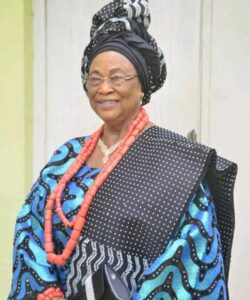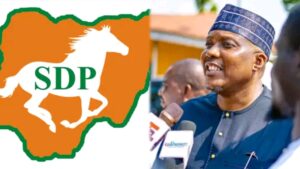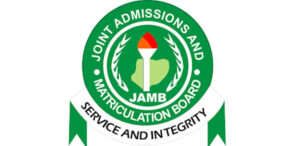
The Federal Government has announced plans to integrate the National Social Register with the National Identification Number (NIN) of all Nigerians to streamline access to humanitarian assistance and ensure the accurate identification of beneficiaries of government programs.
This was disclosed by the Minister of Humanitarian Affairs and Poverty Reduction, Professor Nentawe Yilwatda, during a two-day National Humanitarian Roundtable in Abuja.
The minister highlighted the challenges in verifying the identities of beneficiaries during disasters and other humanitarian interventions. He emphasized the need for modern practices to enhance crisis anticipation and resource mobilization for swift disaster response.
“The biggest crisis we face isn’t just the loss of lives; it’s a bureaucratic crisis that fails to respond to humanitarian needs,” he said. “People are suffering from the impacts of climate change, security threats, and economic shocks across the country. In the midst of this, we are constrained by limited funding. Every delay in decision-making, every inefficiency in coordination, and every shortfall in funding costs lives.”
Yilwatda further explained that by linking the social register to the NIN and geo-tagging the homes of vulnerable individuals nationwide, the government will be able to respond more swiftly during crises. “In times of emergency, we won’t have to send teams door-to-door, asking state emergency management agencies and NEMA for data. Instead, from the comfort of our offices, we can take immediate action.”
He added that by leveraging data and technology, the government could better predict crises, mobilize resources more efficiently, and ensure that aid reaches those in most need.
The minister also called for innovative financing mechanisms to address Nigeria’s numerous humanitarian challenges. “We must create flexible financing models that facilitate rapid disbursement and adaptive responses, ensuring that aid isn’t delayed by bureaucratic bottlenecks,” he stressed.
Minister of Budget and Economic Planning, Abubakar Bagudu, also underscored the importance of sustainable funding in addressing Nigeria’s humanitarian crises. “We understand that grants and aid provide only temporary relief, and we need long-term solutions,” he stated. “Floods and droughts are major drivers of poverty and humanitarian challenges. If we can secure long-term capital for irrigation, we will reduce poverty, localize humanitarian interventions, and strengthen local economies.”
The United Nations Resident and Humanitarian Coordinator in Nigeria, Mohammed Fall, noted the multiple crises Nigeria faces, including floods, droughts, violent conflicts, insurgency, and banditry. He revealed that 30 million Nigerians are grappling with food insecurity, and over 3.5 million have been displaced by disasters and conflicts.
Fall also pointed out the global reduction in humanitarian aid, with a 60% decline in contributions. “Given the recent sharp cuts in humanitarian financing, we must think creatively about alternative funding sources. We need to generate new funds for humanitarian development and peace initiatives through closer cooperation with the private sector, international financial institutions, and reliance on internally generated revenue,” he urged.
Trond Jensen, Head of the United Nations Office for Coordination of Humanitarian Affairs (UNOCHA), emphasized the importance of proactive planning in mitigating disasters. “Instead of reacting to crises, we need to prevent them, where possible. By reducing suffering and being more efficient, we can better address humanitarian needs,” he concluded.



![[PHOTOS] Engr. Nurudeen Adeyemi Balogun Visits APC National Secretary](https://newsbulletin.com.ng/wp-content/uploads/2026/01/1769627828939-300x300.jpg)



